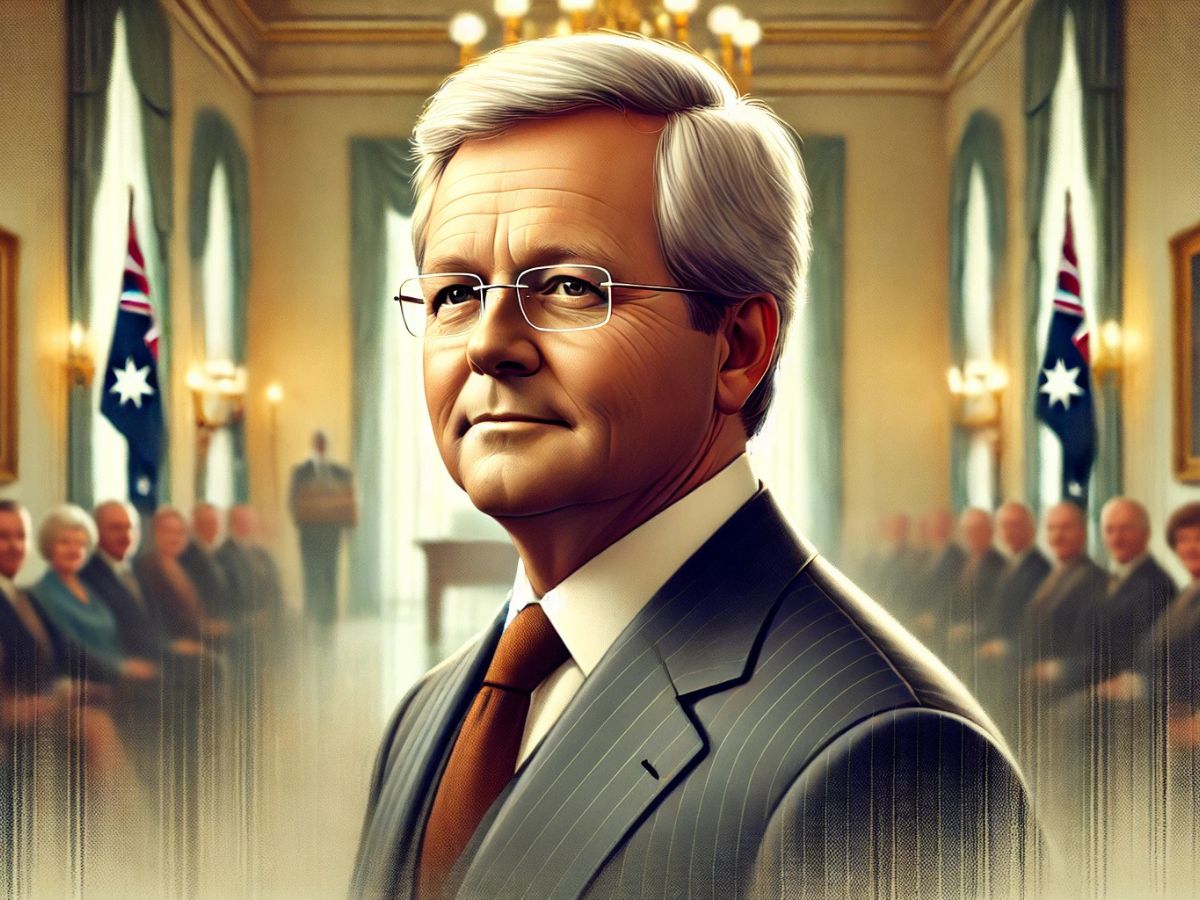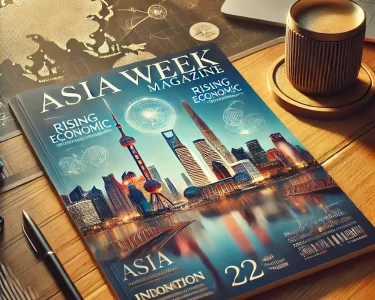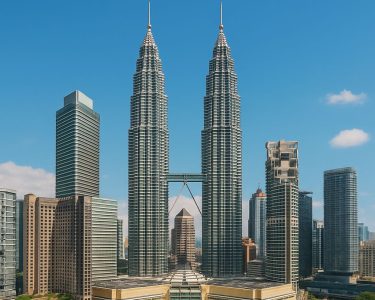Kevin Rudd is a name that resonates deeply in Australian political and diplomatic history. As a former Prime Minister of Australia and an influential figure in international relations, Rudd has left an indelible mark on both domestic and global affairs. His tenure as the 26th Prime Minister of Australia was characterized by significant reforms, bold policies, and an unwavering commitment to diplomacy and global cooperation. This blog explores the life, achievements, and ongoing impact of the Honorable Kevin Rudd, highlighting his contributions to Australian society and the international community.
Also Read: Baek-il: The 100th Day Celebration in Korea
Early Life and Education
Kevin Michael Rudd was born on September 21, 1957, in Nambour, Queensland, Australia. Raised in a modest household, he developed a strong work ethic and a keen interest in politics from an early age. His academic excellence led him to the Australian National University (ANU), where he studied Chinese language and history, an area that would later define his career in diplomacy and international relations. His fluency in Mandarin distinguished him as one of the few Western politicians with a deep understanding of Chinese culture and politics.
Political Rise and Leadership
Rudd’s political career began in the early 1990s when he served as Chief of Staff to the Queensland Premier, Wayne Goss. His keen analytical skills and policy expertise soon earned him recognition within the Australian Labor Party (ALP). In 1998, he was elected as the Member of Parliament for Griffith, marking the beginning of his parliamentary career.
His rise within the party was swift. By 2006, he was elected leader of the Australian Labor Party, positioning himself as a fresh and dynamic alternative to the long-serving Liberal Prime Minister, John Howard. His campaign emphasized progressive policies, climate action, and economic reform, striking a chord with Australian voters. In the 2007 federal elections, Rudd led the Labor Party to a decisive victory, ending over a decade of conservative governance.
Prime Ministerial Achievements

Kevin Rudd served as Australia’s Prime Minister from 2007 to 2010 and again briefly in 2013. His leadership was defined by a series of transformative policies that reshaped the nation’s social, economic, and foreign policy landscape.
Economic Management During the Global Financial Crisis
One of Rudd’s most notable achievements was his adept handling of the 2008 Global Financial Crisis (GFC). Under his leadership, the Australian government swiftly implemented stimulus packages that cushioned the economy from the worst effects of the crisis. His government’s strategic investments in infrastructure, education, and public services not only safeguarded jobs but also positioned Australia as one of the few developed nations to avoid a recession during that period.
Climate Change and Environmental Policies
Rudd was a strong advocate for climate action. His government ratified the Kyoto Protocol, reversing Australia’s previous stance on international climate agreements. He championed policies aimed at reducing carbon emissions and increasing renewable energy adoption. Although his ambitious Emissions Trading Scheme faced political challenges, his commitment to environmental sustainability was evident throughout his tenure.
Apology to the Stolen Generations
In a landmark moment in Australian history, Rudd delivered the National Apology to the Stolen Generations in 2008. This emotional and long-overdue address acknowledged the injustices suffered by Indigenous Australians due to past government policies of forced removals. His words, “For the pain, suffering, and hurt of these stolen generations, their descendants, and for their families left behind, we say sorry,” resonated across the nation and were widely regarded as a significant step toward reconciliation.
Health and Education Reforms
Rudd’s government implemented substantial reforms in education and healthcare. His “Building the Education Revolution” program led to major investments in school infrastructure, improving educational facilities nationwide. Additionally, he spearheaded health initiatives that sought to enhance hospital funding and healthcare access, particularly for rural and underserved communities.
Foreign Policy and Diplomacy
Rudd’s expertise in international relations, particularly his understanding of China, played a crucial role in shaping Australia’s foreign policy. As a staunch supporter of multilateralism, he strengthened Australia’s ties with key global institutions such as the United Nations, the G20, and the Asia-Pacific Economic Cooperation (APEC).
His diplomatic efforts also included fortifying Australia’s relationships with the United States, European nations, and Asian partners. Rudd was a vocal advocate for a “middle-power diplomacy” approach, wherein Australia could influence global decisions despite its relatively smaller size on the world stage.
Second Stint as Prime Minister and Political Challenges

Following internal party tensions, Rudd was replaced as Prime Minister by Julia Gillard in 2010. However, after years of political maneuvering, he returned to power in 2013, leading the Labor Party into the federal elections. Despite his brief second term, his leadership demonstrated resilience and strategic political acumen.
Post-Political Career and Global Influence
After retiring from Australian politics in 2013, Rudd continued to exert influence on the global stage. He has been actively involved in think tanks, international policy discussions, and academic endeavors. His leadership roles include serving as the President of the Asia Society Policy Institute, where he continues to contribute to global diplomatic discourse, particularly on China-U.S. relations.
He has also written extensively on international affairs, sharing his insights on global governance, diplomacy, and economic trends. His expertise in navigating complex geopolitical landscapes has made him a sought-after speaker and commentator in international forums.
Legacy and Impact
Kevin Rudd’s political career is marked by bold reforms, strategic leadership, and a commitment to diplomacy. His ability to navigate economic crises, advocate for climate action, and strengthen international relationships has left a lasting impact on Australian politics. His efforts toward reconciliation with Indigenous Australians and his dedication to education and healthcare reforms continue to influence policy discussions today.
Even beyond politics, Rudd remains a formidable force in global affairs, leveraging his experience to shape discussions on China, climate change, and international cooperation. His legacy serves as an inspiration for future leaders, highlighting the importance of vision, resilience, and global engagement in leadership.
Conclusion
The Honorable Kevin Rudd is more than just a former Prime Minister; he is a statesman, a diplomat, and a thought leader who has consistently championed policies aimed at bettering Australia and the world. His contributions continue to shape political discourse, making him a key figure in contemporary history. Whether through his tenure in Australian politics or his ongoing work in global diplomacy, Kevin Rudd’s influence remains undeniable.





